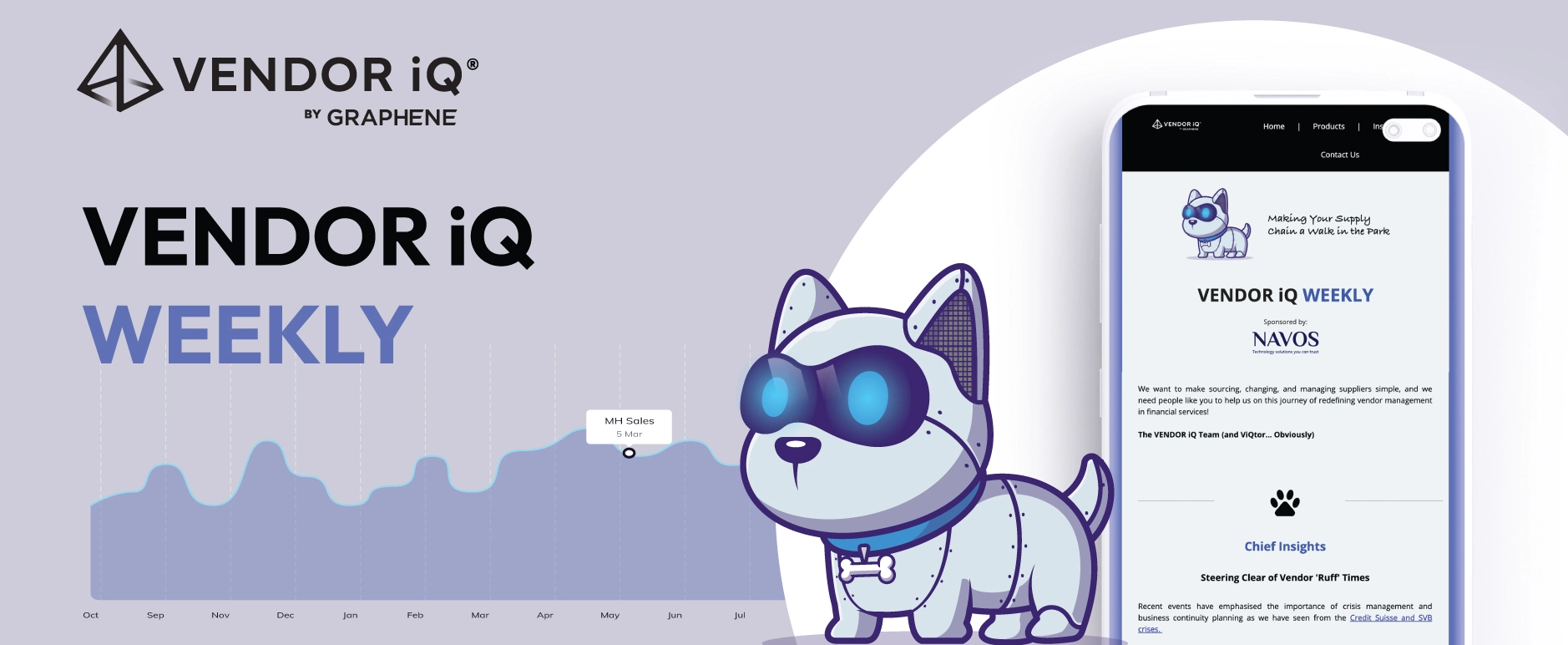In a digital era where data breaches are becoming alarmingly frequent, the world has just witnessed one of the most significant cybersecurity events to date.
As reported by Cybernews, an event now referred to as the ‘Mother of All Breaches’ (MOAB) has exposed a staggering 26 billion records, equating to 12 terabytes of data. This colossal breach comprises information amalgamated from previous leaks, breaches, and hacked databases, creating a supermassive repository of vulnerable personal and financial data.
Decoding the Breach
The MOAB is not just another data breach; it’s a conglomerate of several past breaches put together, making it a highly potent tool for cybercriminals. Companies like Tencent, Weibo, MySpace, Twitter, LinkedIn, and many more have seen their data compromised in this breach. The ramifications are enormous, with potential risks ranging from identity theft to sophisticated phishing attacks and targeted cybercrimes.
Impact on the Financial Sector
This ‘Mother of All Breaches’ serves as a stark reminder for the financial services sector, underscoring a pressing need for heightened vigilance in cybersecurity. This breach is not just about exposed data; it’s a glaring spotlight on the interconnectedness of our digital ecosystems. Financial institutions, along with their third and fourth-party suppliers, are now faced with the undeniable reality that cybersecurity is a chain only as strong as its weakest link.
In this breach, sensitive data from an array of financial entities and government organisations has been laid bare. This is more than a risk to individual institutions; it’s a systemic threat that challenges the very foundations of financial stability and customer trust. It highlights the essential need for not only internal cybersecurity fortifications but also stringent due diligence and risk mitigation strategies extending through the entire supply chain.
The implications are profound: institutions must now scrutinize their third and fourth-party relationships more closely than ever, ensuring that their partners are not only compliant but are also actively participating in safeguarding the financial ecosystem. This breach emphasises the necessity for comprehensive cybersecurity measures that encompass every tier of the supply chain, from direct partners to the extended network of providers.
DORA emerges as a critical framework in this context, offering a structured approach to managing these complex cybersecurity challenges. It isn’t just about safeguarding one’s own organisation; it’s about contributing to the resilience of the entire financial sector. Ensuring compliance with DORA’s standards is not only a regulatory requirement but a strategic imperative to fortify defenses against an array of digital threats, thereby protecting the integrity and trust that are the cornerstones of the financial world.
The Role of DORA in Reinforcing Cybersecurity
In light of such a massive data exposure, the Digital Operational Resilience Act (DORA) gains even more significance. DORA, introduced to enhance the digital operational resilience of the EU financial sector, emphasises strengthening ICT risk management and incident reporting frameworks. It mandates financial entities to have comprehensive risk management frameworks and classifies ICT-related incidents, ensuring a standardised and effective response to digital threats.
Embracing DORA for a Secure Financial Future
How to check if your data was exposed





